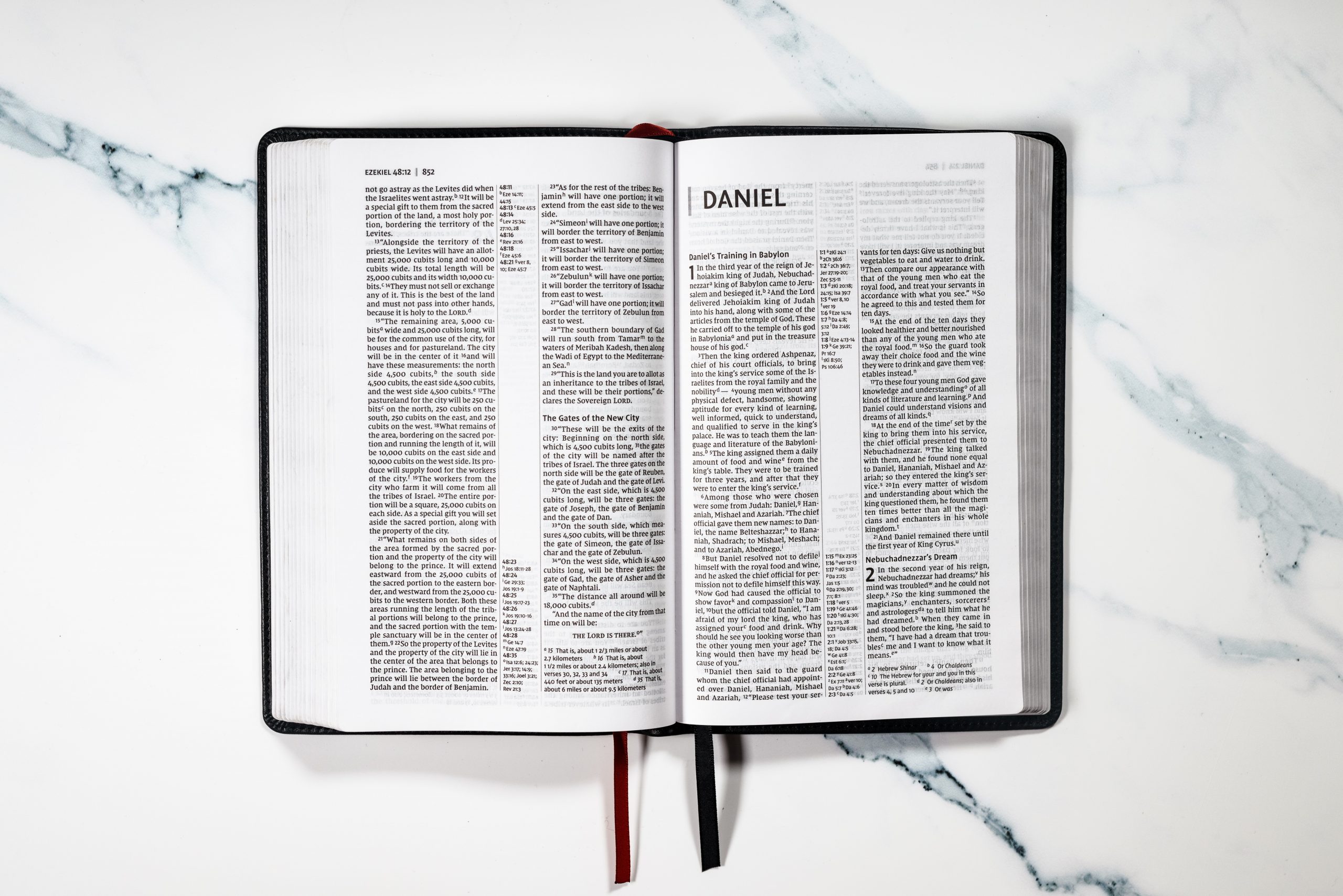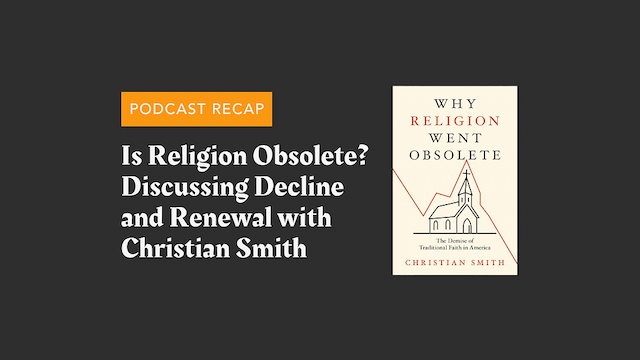Podcast: The Book of Daniel

Check out the So We Speak podcast on Apple Podcasts or Spotify.
Daniel is at once one of the most thrilling narrative books and one of the most cryptic prophetic books in the Bible. Daniel’s life spanned the rise and fall of the great empires and the message of his life and his vision points us to Christ – his faithfulness and eternal reign.
Background
Daniel is the last book of the Major Prophets. The events in this book, which happen through the 6th century BC, display the validity of Daniel as a true prophet of God.
Daniel came to Babylon in 605 BC as a young man with the majority of Israel.
His entire life in Babylon is based around kings ascending and descending to and from power.
Daniel shows us what it looks like to live a life devoted to God in a pagan culture while holding a position of influence within Babylonian politics.
A Theology of Suffering from Daniel
The main outline of the stories of Daniel is meant to communicate God’s faithfulness to His people even while they are in exile.
Chapter 1 – Refusal to eat the king’s food
Chapter 3 – The fiery furnace
Chapter 6 – Daniel and the Lion’s Den
From these three stories, we learn that God has a greater purpose for our suffering than we realize. According to Scripture, faithfulness to God often brings us into adverse circumstances where our faith is tested – in this case, being burned alive and eaten by lions. God’s people have always been a suffering people. It’s to note that God did not immediately remove Daniel and his friends from the fire or the lion’s den – nor did he prevent their suffering. Rather, God was with them in their suffering. He was physically present in the fiery furnace and shut the mouths of lions.
Faith in adverse circumstances is a greater apologetic than argument and logic. The faith of Daniel’s friends in the fire caused Nebuchadnezzar to acknowledge Yahweh as the only true God. While their verbal arguments would not persuade Nebuchadnezzar, their faith and fearlessness in the face of death spoke louder than words.
The Prophecies
It is important to note that Daniel’s visions are symbolic – images that correspond to real things (example 7:17). Daniel often gives us the interpretation, so we are rarely left guessing as to the meaning. This book mainly prophesies about geopolitical aspects of both the Babylonian Empire, the Roman Empire, and the rise of Alexander the Great.
Daniel and Revelation
Daniel is the most alluded-to book in Revelation. This demonstrates continuity in the prophetic visions because they all point toward the coming of the Anointed One. All prophecies find their culmination and end in the person and work and kingship of Jesus Christ.
Brittany Proffitt lives in Dallas, TX, holds a BA in Religion, and is a student at the Southwestern Baptist Theological Seminary. She is passionate about Scripture and how God’s Word impacts individuals’ hearts and lives.










